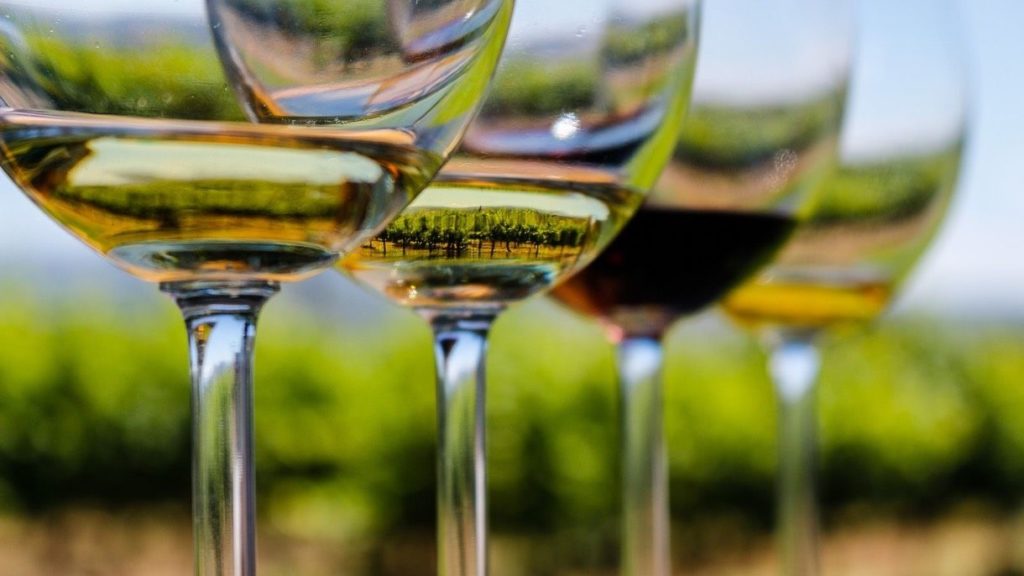Wine is more than just a drink. It’s a celebration, a companion to good food, and a story told through taste and tradition. In recent years, a new chapter in that story has begun, one that focuses not only on flavour but also on sustainability. The rise of organic wines is changing the way we think about what’s in our glass and, more importantly, how it got there.
A New Era of Conscious Winemaking
The shift toward organic winemaking isn’t just a trend, it’s a response to growing concerns about the environment, health, and the desire for authenticity in our food and drink. People want to know that what they consume comes from a place of care for the land and future generations. That’s precisely what organic wines offer: a cleaner, more thoughtful alternative to conventional wines.
Organic wines are crafted without synthetic fertilizers, herbicides, pesticides, or genetically modified organisms. Instead, they rely on natural processes and sustainable farming techniques that prioritize soil health, biodiversity, and the overall well-being of the ecosystem. It’s a return to traditional methods, enhanced by modern understanding.
The Role of the Vineyard
Every bottle of wine begins in the vineyard, where the organic journey begins. Sustainable viticulture practices are at the heart of organic winemaking. These include composting to enrich the soil, planting cover crops to improve biodiversity, and using animals for natural pest control. These techniques create a living, breathing ecosystem where the grapes can thrive without the harsh chemicals that dominate conventional farming.
This close relationship with nature also leads to a deeper understanding of the land. Winemakers become stewards of the soil, observing and responding to its needs. As a result, the wines they produce often carry a stronger sense of place which wine lovers call “terroir.” You can taste the land, the climate, and the care that goes into every vine.
Midway Through the Glass: A Closer Look at the Producers
Among the many organic winemakers leading this movement, some stand out for their commitment to quality and sustainability. Take Paxton Wines, for example, a name that often comes up in discussions around biodynamic and organic practices. Their approach is grounded in the belief that great wine comes from great soil and that caring for the environment is not just good ethics but good winemaking.
What sets these producers apart is their dedication to the entire ecosystem. Every step is intentional from the moment the vine is planted to the day the cork is popped. The result? Wines that are not only better for the earth but also rich in flavour, complexity, and character.
Health Benefits Beyond the Buzz
For many, the appeal of organic wine goes beyond sustainability. There’s also a growing interest in how these wines may affect our health. Because they’re made without synthetic chemicals and additives, organic wines tend to have fewer sulphites and less residual sugar. That means fewer headaches and hangovers for some people and a more natural-tasting experience for everyone.
Organic wines are less likely to include added colouring agents or artificial flavour enhancers. You get a more honest expression of the grape, a wine that tastes like nature intended.
The Future is Green (and Red, and Rosé)
As climate change continues to impact agriculture worldwide, organic and biodynamic practices are becoming preferable and necessary. Sustainable winemaking helps preserve the land for future generations while offering a way to reduce the industry’s carbon footprint. This forward-thinking approach makes organic wine vital to the world’s future.
Younger consumers, in particular, are driving demand for transparency and sustainability. They’re more likely to seek wines that align with their values and are willing to pay more for products that support environmental stewardship. That demand is pushing more vineyards and wineries to embrace organic practices not just because it’s the right thing to do, but because it makes good business sense.
Savouring the Change
Switching to organic wine isn’t about sacrifice. It’s about discovery. It’s about savouring something crafted carefully, from the soil to the cellar. Knowing that every sip supports a healthier planet and a more sustainable future is essential.
As awareness grows, more wine lovers are shifting, exploring new labels, and educating themselves on how their choices impact the world. Whether you’re a casual sipper or a seasoned connoisseur, exploring organic wines opens up a world of flavour and intention worth raising a glass to.
So, next time you’re browsing the wine aisle or picking out a bottle for dinner, consider going organic not just for the taste—but for the story behind it. You’ll find that the future of wine doesn’t just lie in how it’s made but in how it makes us feel connected, conscious, and fully present with every pour.









